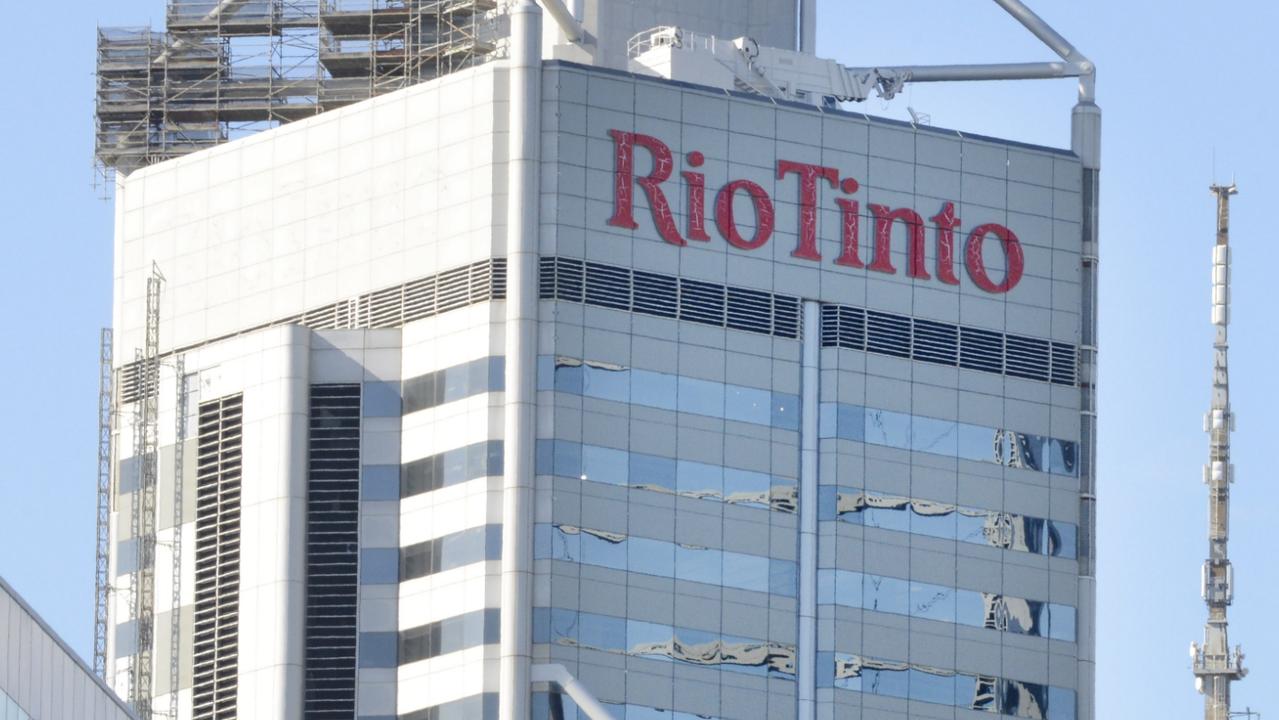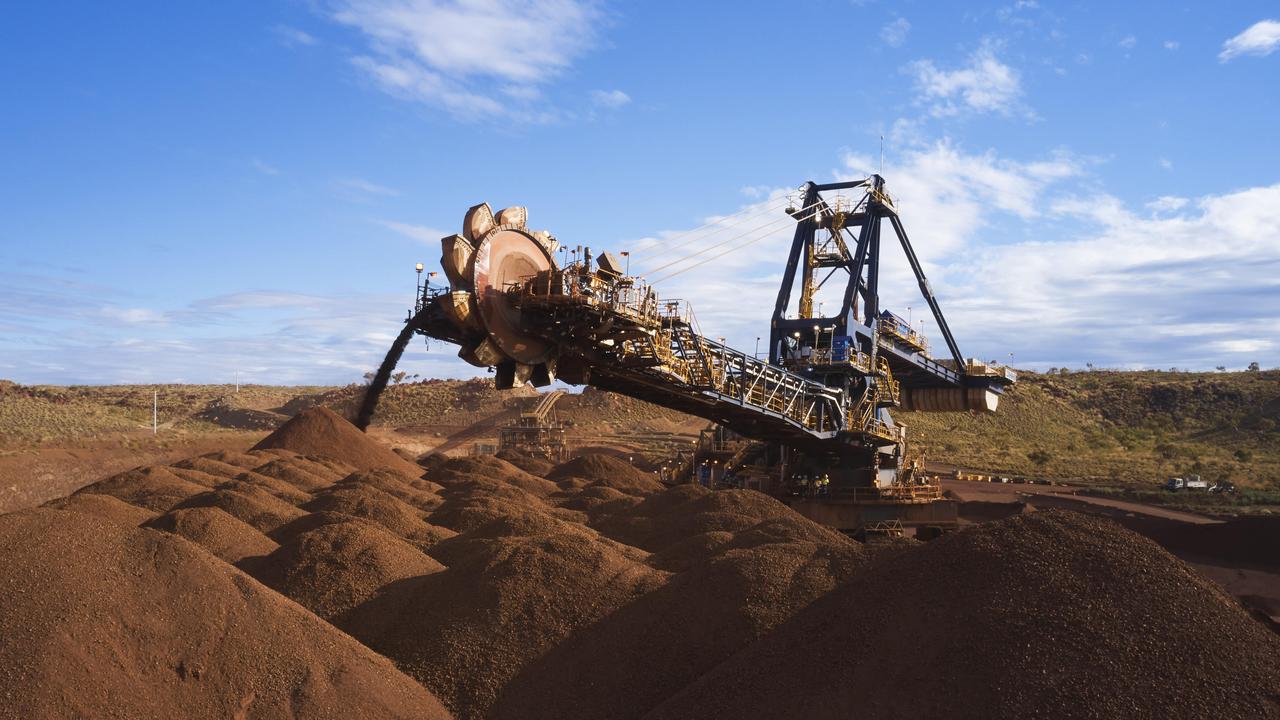Fears over rare earth minerals ‘cartel’ overblown
It’s an industry key to the future of clean energy but there are rising fears that it could turn into a powerful cartel.
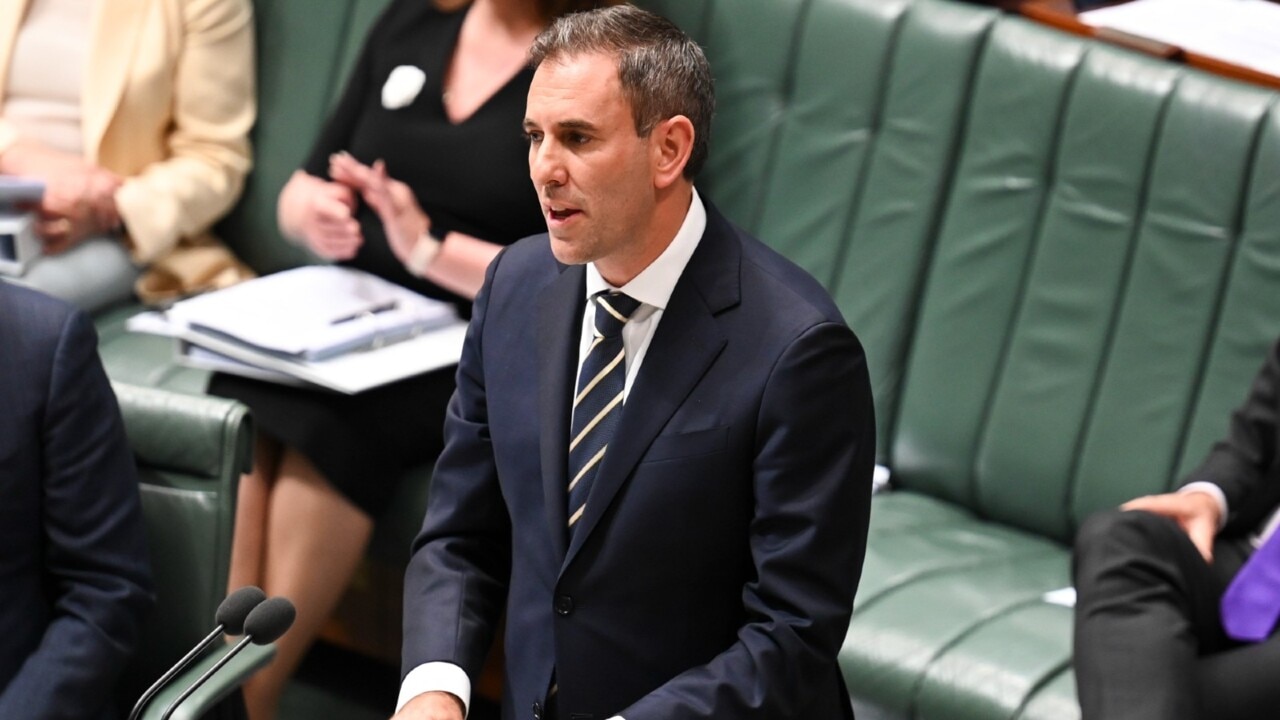
Mining
Don't miss out on the headlines from Mining. Followed categories will be added to My News.
Oil powered the 20th century, and oil producers called the shots. Is the same true for the critical minerals behind electric motors and batteries in the 21st?
The World Economic Forum (WEF), a public-private sector cooperative think-tank, says growing international fears of a new metals “OPEC” cartel are overblown.
“In the eyes of many, rising dependence on critical minerals is cause for severe concern and a potential threat to the energy transition,” a new report states.
“Alarmists see a Faustian bargain taking shape: New dependencies on critical minerals could be a new source of geopolitical power.”
Undeniably, demand for certain minerals is soaring.
Copper is by far the best-conducting metal for wires.
Lithium is at the heart of most modern batteries.
And rare-earth minerals – mainly neodymium and dysprosium – are crucial for high-performance electric motors and turbines.
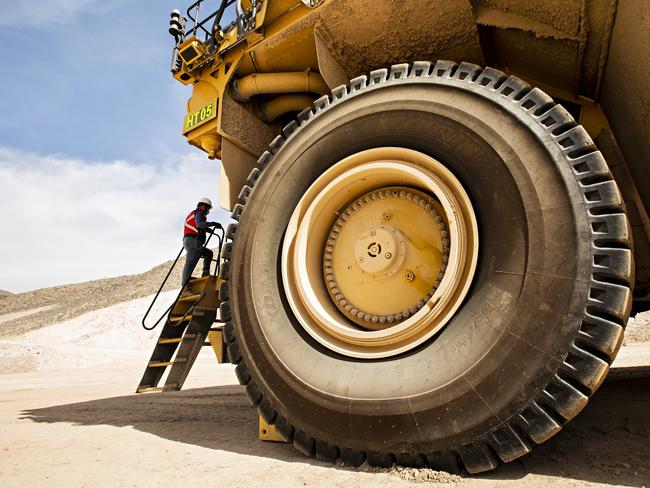
What’s different is their fuel source – electricity – is no longer controlled by a few companies or nations.
The old fossil fuel economy depends on suppliers – such as the Organization of the Petroleum Exporting Countries (OPEC) – releasing crude oil and gas to be processed by multinational refineries before being distributed across the globe.
However, any house can be fitted with solar panels to power an electric vehicle. It’s the copper, lithium, and rare earths used to make these devices that are in short supply.
That potentially leaves consumers exposed to the same cartel-like behaviour and diplomatic manoeuvring.
But the WEF believes minerals and oil are very different beasts: “The energy transition will create rising dependencies on critical minerals. However, a comparison with the oil industry shows that we should be diligent rather than alarmed.”
Be alert, not alarmed
The WEF concedes that China already has overbearing control over the mining and refining of most critical minerals.
And it began using this control for coercive purposes as early as 2010 after a Chinese fishing militia captain was arrested by the Japanese Coast Guard for breaching territorial waters around the disputed Senkaku Islands.
Oil supplies have long featured in similar international posturing.
Major producers – such as the United States and the Middle East – have used this to their advantage for decades.
China, however, has positioned itself to dominate the global solar panel, battery, and wind turbine markets.
But the WEF says critical minerals have a completely different supply-demand equation from fossil fuels.
For example, the world is dependent on 100 million barrels of oil being delivered each day. And an average passenger vehicle consumes petrol at 11.1 litres per 100km.
But an electric vehicle’s battery and motor are expected to last about 15 to 20 years. And the rooftop solar panels that can recharge them generally fall below 80 per cent of their original output after about 25 years.
And the minerals that make all this possible can be recycled.
“(Critical minerals) are growing rapidly, to be sure, but from tiny bases,” the report states. “A lot can change quickly with the right incentives.”
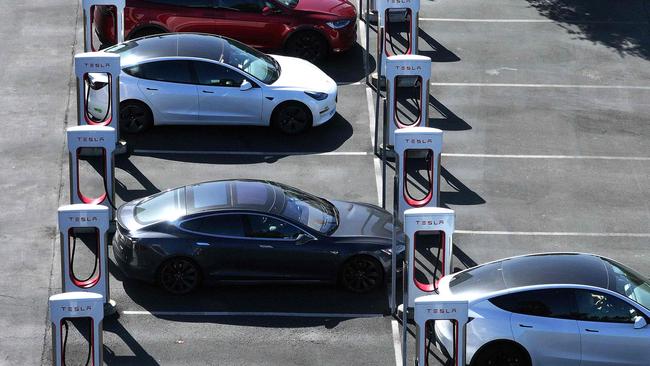
It cites lithium as an example. A shortage in 2021 resulted in prices leaping by a factor of six. But the global mining industry responded – and prices have fallen significantly.
“Most critical minerals are used just once in a project’s lifetime — when the equipment is built or installed. That means that demand could be much more sensitive than for fuel markets. More responsive demand is what keeps potentially nefarious and flaky suppliers in check.”
National treasure?
“Diversity should not be confused with nationalism, and too much of the global effort to boost supplies – including most prominently in the United States – are focusing on putting national flags on mineral supplies,” the WEF states.
The US and Australia have introduced new incentives to expand critical minerals productions while emphasising terms like “friendshoring” – where deliveries are less likely to be interrupted by tariffs or blockade.
“But the political alliances being forged could easily lead to bad outcomes,” the report states. “Supply chains will get confused and fragmented, diminishing the value of flexibility in a global market. Costs will go up as reliability falters.”
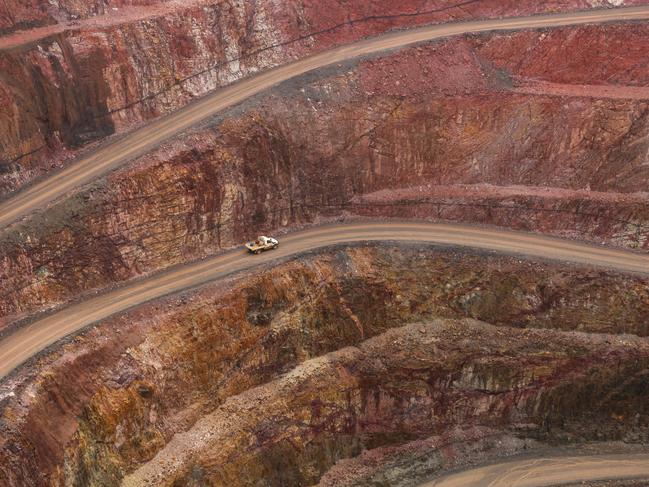
But a new PwC consultancy report warns that the critical minerals supply is at risk from the same crisis it is supposed to fix – climate disruption.
“Even if global carbon emissions rapidly decrease, climate disruption poses a serious and growing threat to the world’s ability to produce essential commodities, including food, as well as materials that are themselves essential to the net-zero transition,” says spokeswoman Emma Cox.
The Climate Risks to Nine Key Commodities Report says more than 60 per cent of the world’s bauxite and iron ore mining and production facilities may face significant heat stress in the space of just two decades. And the further behind emissions targets the world falls, the worse the challenge becomes.
“Many locations that produce essential commodities are likely to experience more frequent spells of intense drought and heat stress by 2050, even in an optimistic low-emissions scenario,” PwC UK sustainability analyst Will Jackson-Moore added. “To avoid economic losses and protect communities and ecosystems, producers, and the broader business community, should understand the impact of climate disruption on production and engage in multi-stakeholder efforts to adapt.”
Jamie Seidel is a freelance writer | @JamieSeidel
Originally published as Fears over rare earth minerals ‘cartel’ overblown




